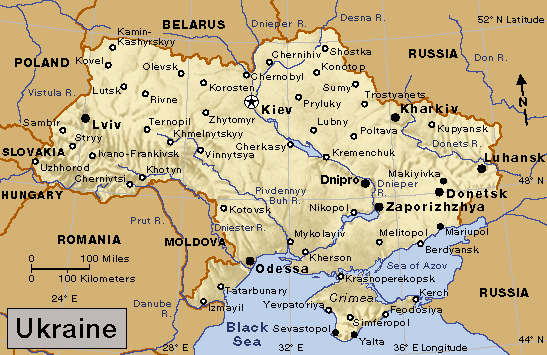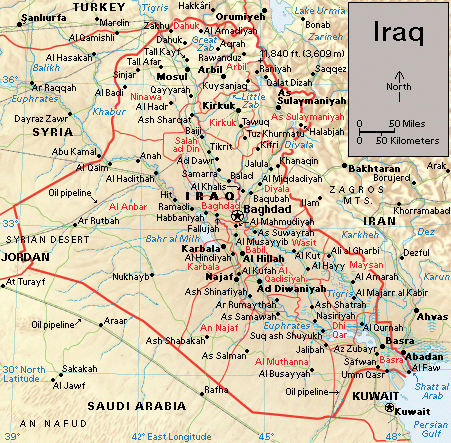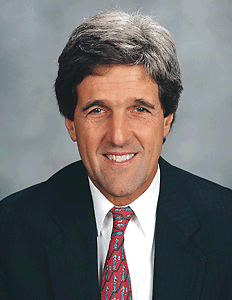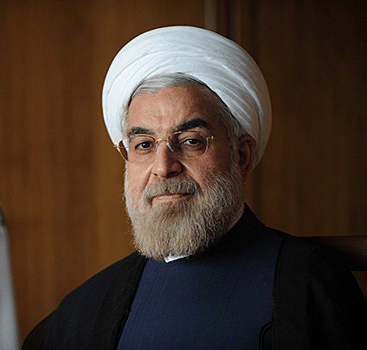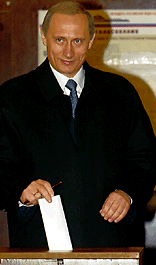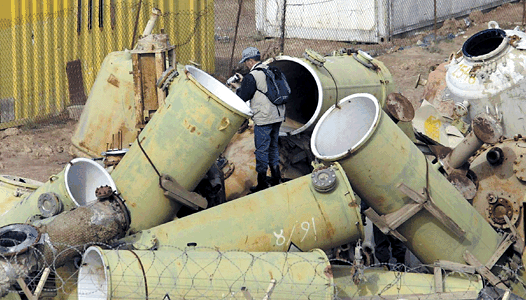Secretary Kerry at Hiroshima
Monday, April 11th, 2016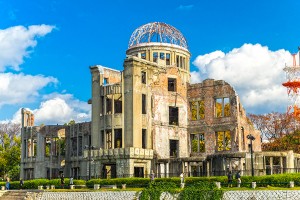
The Hiroshima Peace Memorial (Genbaku Dome) was the only structure left standing at the site where the first atomic bomb exploded on Aug. 6, 1945. It has been left in its state of ruin as a constant reminder of the losses experienced with nuclear warfare. The memorial was named a UNESCO World Heritage site in 1996. Credit: © Luciano Mortula, Shutterstock
April 11, 2016
This morning, U.S. Secretary of State John Kerry visited the Hiroshima Peace Memorial Museum in Japan. Kerry is the first U.S. secretary of state to visit the memorial, which honors the victims of the atomic bomb dropped on Hiroshima in August 1945. He called the visit a “gut-wrenching” reminder of the need to rid the world of nuclear weapons. Kerry is among the international foreign ministers in Hiroshima to begin the Group of Seven (G7) annual summit. In late May, U.S. President Barack Obama will attend further G7 meetings elsewhere in Japan, and he may visit Hiroshima as well. No sitting U.S. president has ever visited the city.
On Aug. 6, 1945, a U.S. Army plane, the Enola Gay, dropped an atomic bomb on Hiroshima. Three days later, on August 9, another atomic bomb was dropped on Nagasaki. These were the first and last times that nuclear weapons were used in warfare. The United States dropped the bombs to convince Japan to surrender—and it worked. World War II (1939-1945) unofficially ended a few days later with Japan’s agreement to stop fighting on August 14. The official surrender came on September 2.
Other World Book article

